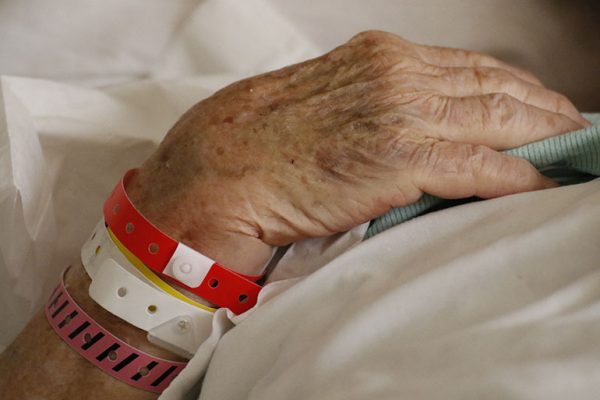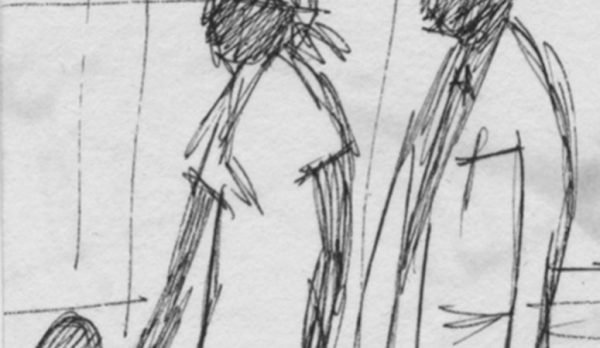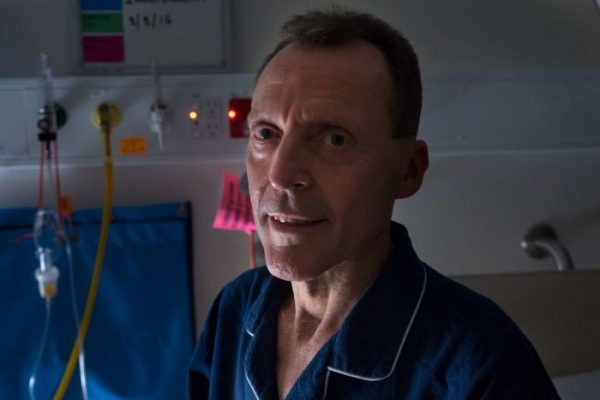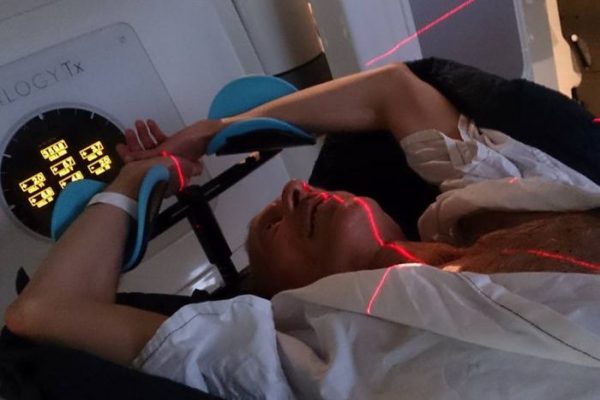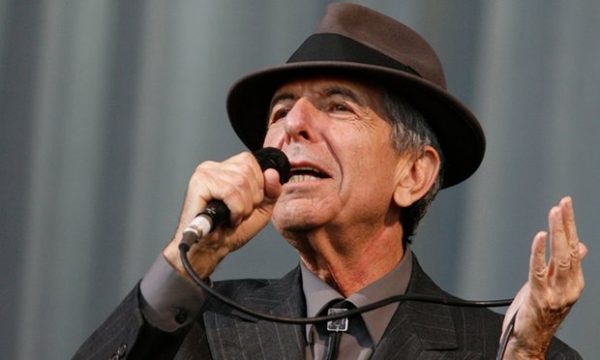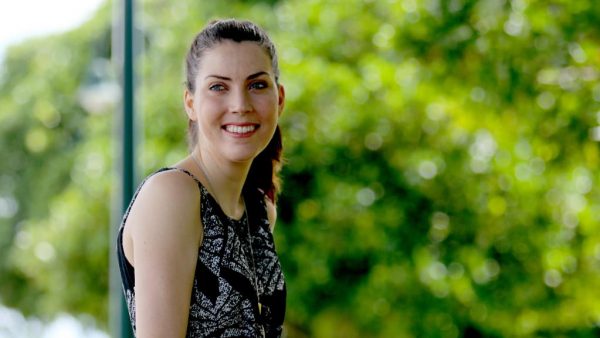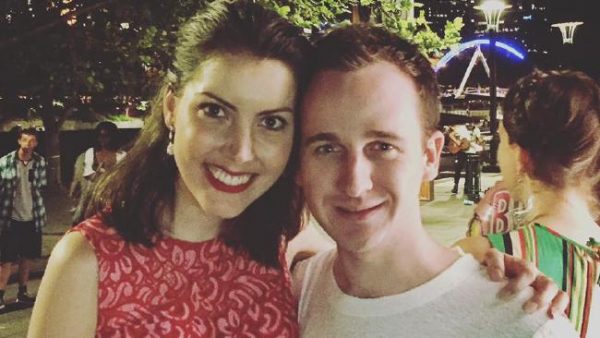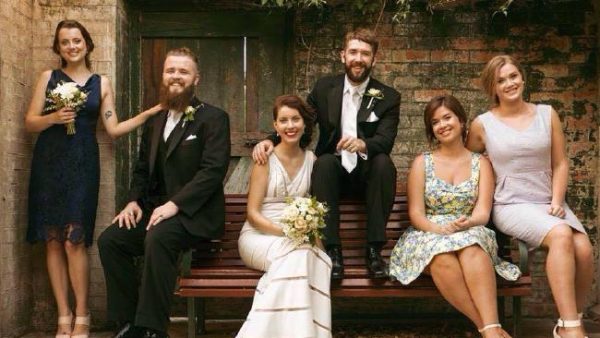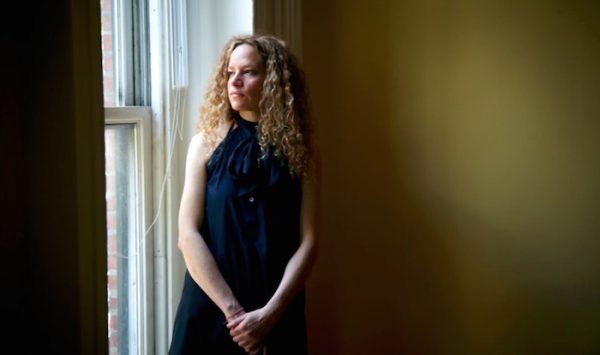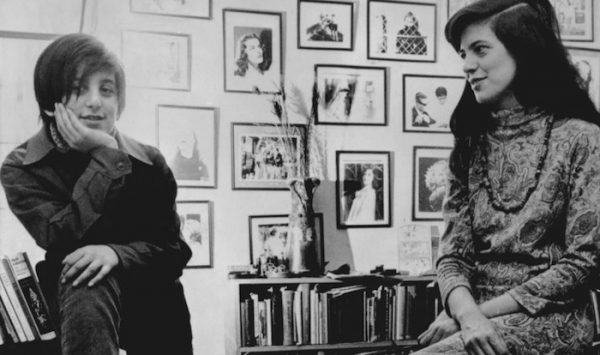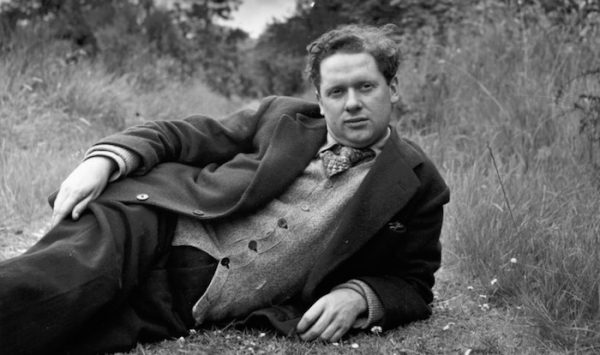Everything initially went well with Barbara Charnes’ surgery to fix a troublesome ankle. But after leaving the hospital, the 83-year-old soon found herself in a bad way.
Dazed by a bad response to anesthesia, the Denver resident stopped eating and drinking. Within days, she was dangerously weak, almost entirely immobile and alarmingly apathetic.
“I didn’t see a way forward; I thought I was going to die, and I was OK with that,” Charnes remembered, thinking back to that awful time in the spring of 2015.
Her distraught husband didn’t know what to do until a longtime friend — a neurologist — insisted that Charnes return to the hospital.
That’s the kind of situation medical centers are trying hard to prevent. When hospitals readmit aging patients more often than average, they can face stiff government penalties.
But too often institutions don’t take the reality of seniors’ lives adequately into account, making it imperative that patients figure out how to advocate for themselves.
“People tell us over and over ‘I wasn’t at all prepared for what happened’ and ‘My needs weren’t anticipated,’” said Mary Naylor, director of the New Courtland Center for Transitions and Health at the University of Pennsylvania.
It’s a mistake to rely on hospital staff to ensure that things go smoothly; medical centers’ interests (efficiency, opening up needed beds, maximizing payments, avoiding penalties) are not necessarily your interests (recovering as well as possible, remaining independent and easing the burden on caregivers).
Instead, you and a family member, friend or caregiver need to be prepared to ask plenty of questions and push for answers.
Here’s what doctors, health policy experts, geriatric care managers, older adults and caregivers recommend:
Start Planning Now
Planning for a transition home should begin as soon as you’re admitted to the hospital, advised Connie McKenzie, who runs Firstat RN Care Management Services in Fort Lauderdale, Fla. You may be too ill to do this, so have someone you trust ask your physician how long you’re likely to be hospitalized and whether you’ll be sent home or to rehabilitation afterward.
Ask if a physical therapist can evaluate you or your loved one at the hospital. Can you get out of bed by yourself? Walk across the room? Then discuss what difficulties might arise back home. Will you be able to handle your own bathroom needs? Get dressed? Climb stairs? What kind of assistance will you require?
Request a consultation with a nutritionist. What kinds of foods will and won’t you be able to eat? Does your diet need to change over the short term, or longer term?
Consider where you’ll go next. If you or your loved one is going to need rehabilitation, now is the time to start researching facilities. Ask a hospital social worker for advice or, if you can afford it, hire a geriatric care manager (now called aging life care professionals) to walk you through your options.
Before Being Discharged
Don’t wait to learn about the kind of care that will be required at home. Will a wound need to be dressed? A catheter need tending to? What’s the best way to do this? Have a nurse show you, step by step, and then let you practice in front of her — several times, if that’s what it takes.
Ann Williams watched a nurse give her 77-year-old mother a shot of Warfarin two years ago after being hospitalized for a dangerous blood clot. But when it was Williams’ turn to give the injection on her own, she panicked.
“I’m not a medical professional: I’ve only given allergy shots to my cats,” she said. Fortunately, Williams found a good instructional video on the Internet and watched it over and over.
Make sure you ask your doctor to sit down and walk you through what will happen next. How soon might you or your loved one recover? What should you expect if things are going well? What should you do if things are going poorly? How will you know if a trip back to the hospital is necessary?
If the doctor or a nurse rushes you, don’t be afraid to say, “Please slow down and repeat that” or “Can you be more specific?” or “Can you explain that using simple language?” said Dr. Suzanne Mitchell, an assistant professor of family medicine at Boston University’s School of Medicine.
Getting Ready To Leave
Being discharged from a hospital can be overwhelming. Make sure you have someone with you to ask questions, take good notes and stand up for your interests — especially if you feel unprepared to leave the hospital in your current state, said Jullie Gray, a care manager with Aging Wisdom in Seattle.
This is the time to go over all the medications you’ll be taking at home, if you haven’t done so already. Bring in a complete list of all the prescriptions and over-the-counter medications you’ve been taking. You’ll want to have your physician or a pharmacist go over the entire list to make sure there aren’t duplicates or possibly dangerous interactions. Some hospitals are filling new prescriptions before patients go home; take advantage of this service if you can. Or get a list of nearby pharmacies that can fill medication orders.
Find out if equipment that’s been promised has been delivered. Will there be a hospital bed, a commode or a shower chair at home when you get there? How will you obtain other supplies that might be needed such as disposable gloves or adult diapers? A useful checklist can be found at Next Step in Care, a program of the United Hospital Fund.
Will home health care nurses be coming to offer a helping hand? If so, has that been scheduled — and when? How often will the nurses come, and for what period of time? What, exactly, will home health caregivers do and what other kinds of assistance will you need to arrange on your own? What will your insurance pay for?
Be sure to get contact information (phone numbers, cell phone numbers, email addresses) for the doctor who took care of you at the hospital, the person who arranged your discharge, a hospital social worker, the medical supply company and the home health agency. If something goes wrong, you’ll want to know who to contact.
Don’t leave without securing a copy of your medical records and asking the hospital to send those records to your primary care doctor.
Back At Home
Seeing your primary care doctor within two weeks should be a priority. “Even if a patient seems to be doing really well, having their doctor lay eyes on them is really important,” said Dr. Kerry Hildreth, an assistant professor of geriatrics at the University of Colorado School of Medicine.
When you call for an appointment, make sure you explain that you’ve just been in the hospital.
Adjust your expectations. Up to one-third of people over 70 and half of those over 80 leave the hospital with more disabilities than when they arrived. Sometimes, seniors suffer from anxiety and depression after a traumatic illness; sometimes, they’ll experience problems with memory and attention. Returning to normal may take time or a new normal may need to be established. A physical or occupational therapist can help, but you may have to ask the hospital or a home health agency to help arrange these visits. Often, they won’t offer.
It took a year for Barbara Charnes to stand up and begin walking after her ankle operation, which was followed by two unexpected hospitalizations and stints in rehabilitation. For all the physical difficulties, the anguish of feeling like she’d never recover her sense of herself as an independent person was most difficult.
“I felt that my life, as I had known it, had ended,” she said, “but gradually I found my way forward.”
Complete Article HERE!

